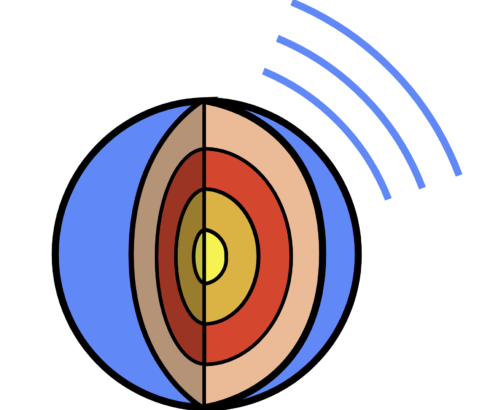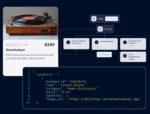
This week’s highlighted open-source project is OpenEEW, which is an open source version of Grillo’s earthquake early-warning (EEW) system, designed to sense, detect, and analyze earthquakes, then alert affected communities.
The project was recently accepted into the Linux Foundation. The Linux Foundation in collaboration with IBM will work to accelerate the standardization and deployment of EEW systems to make communities more prepared for earthquakes.
The project was developed as a way to reduce the costs of EEW systems, accelerate deployments around the world, and save lives.
“For years we have seen that EEWs have only been possible with very significant governmental financing, due to the cost of dedicated infrastructure and development of algorithms. We expect that OpenEEW will reduce these barriers and work towards a future where everyone who lives in seismically-active areas can feel safe,” said Andres Meira, founder of Grillo.
The OpenEEW Project includes hardware that can detect and transmit ground motion, real-time detection systems that can be deployed on various platforms like a Kubernetes cluster or a Raspberry Pi, and applications that allow users to receive alerts on devices, wearables, or mobile apps.
To further the project, open source contributors can contribute to the three main OpenEEW components: deploying sensors, detecting earthquakes, and sending alerts.
According to the Linux Foundation, Grillo’s sensors have generated over 1 TB of data since 2017, including information from earthquakes of magnitudes 6 and 7. This data was collected in Mexico, Chile, Puerto Rico, and Costa Rica. That data is currently being utilized by Harvard University and University of Oregon researchers to develop new machine learning earthquake characterization and detection methods.
“Understanding the ground on which Mexico City is built is an important facet of earthquake hazards. With support from the David Rockefeller Center for Latin American Studies at Harvard University and the David and Lucile Packard Foundation, we are working with Grillo to deploy a dense network of sensors across Mexico City and analyze the seismic behavior and local seismicity beneath the ancient lake basin. Our collaboration also enables open source software development for the next generation of seismology on the cloud,” said Maine Denolle, professor at Harvard.






